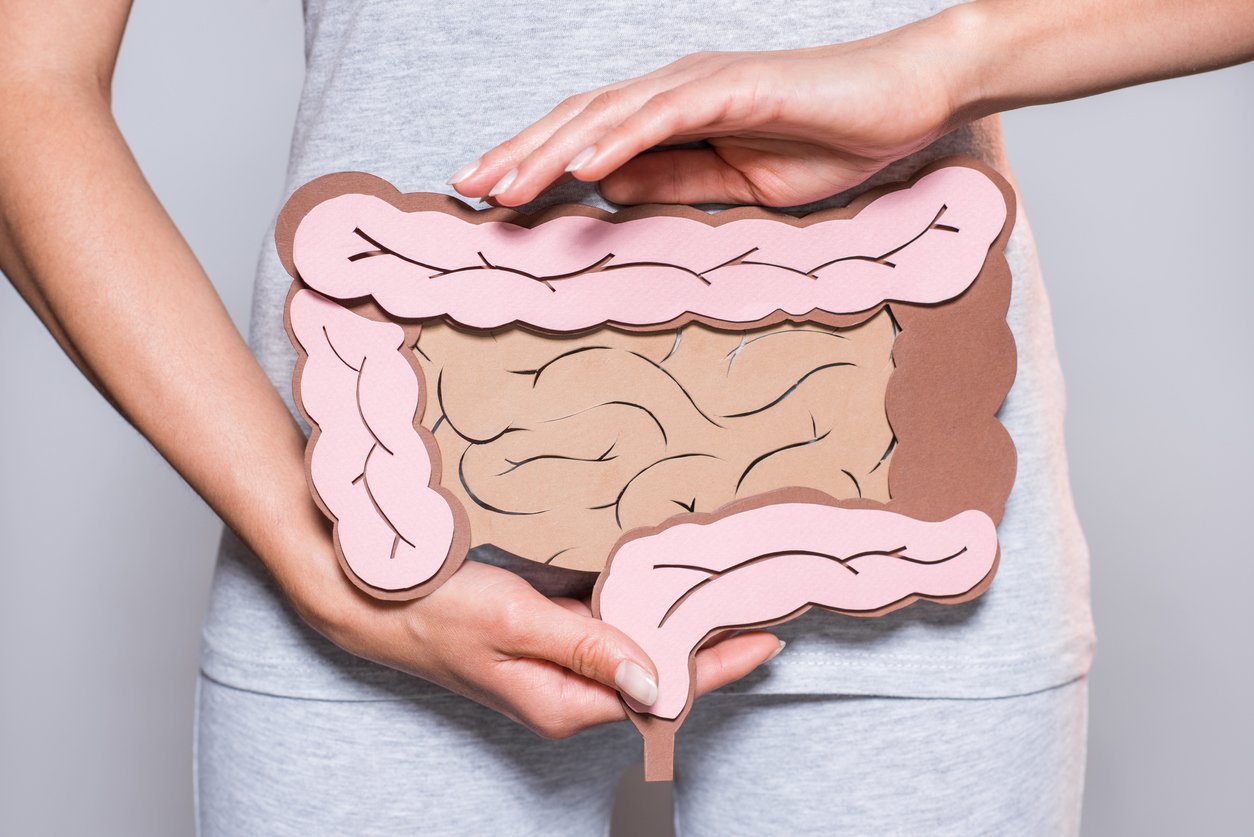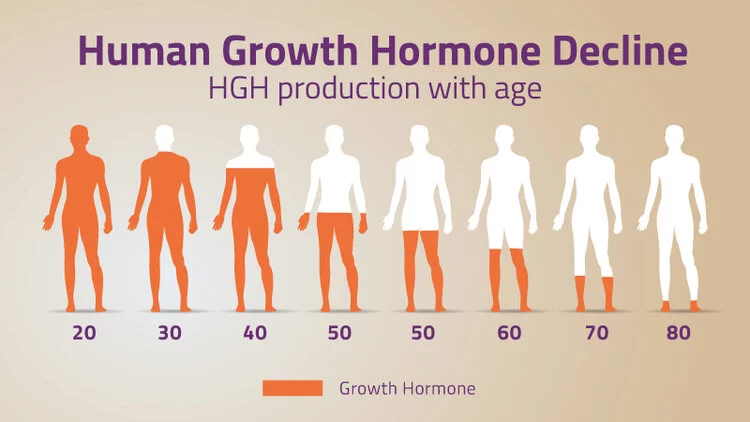Digestion is a complex process that starts in the mouth and ends in the small intestine. But there is more to it than just breaking down food. Here are 10 things you probably don’t know about digestion that can help you better understand this essential bodily function. From the role of enzymes to the many factors affecting digestion, this article will explore the facts and myths surrounding this important topic.
#1: Digestion begins in the mind
The mind-gut connection refers to the relationship between the brain and the digestive system and how emotions, thoughts, and stress can affect the function of the gut. Recent research has shown that there is direct communication between the brain and gut, known as the gut-brain axis.
When we anticipate or consume a meal, the brain sends signals to the gut to prepare for the incoming food. This process is known as the cephalic phase of digestion, and it begins before the food even reaches the stomach. For example, the sight, smell, or thought of food can stimulate the release of stomach acid and enzymes, which help to break down the food.
#2: Different types of digestion
Several different types of digestion occur in organisms. These include mechanical, chemical, and enzymatic digestion. Mechanical digestion involves the physical breakdown of food into smaller pieces through teeth, muscles, and other structures. Chemical digestion is the process of breaking down food molecules into smaller molecules through the use of chemical reactions.
#3: The importance of gut bacteria
Gut bacteria, also known as gut microbiota, play a crucial role in the digestive process. These microorganisms live in the intestines and help break down food, absorb nutrients, and prevent harmful pathogens from colonizing the gut. They also help produce short-chain fatty acids, which are important for maintaining the health of the gut lining and supporting the immune system.
Ayurvedic medicine stresses the importance of maintaining a healthy balance of gut bacteria for overall health and well-being. Ayurvedic practitioners often recommend incorporating probiotics and fermented foods into the diet to support gut health. Probiotics are live microorganisms that can provide health benefits when consumed in sufficient amounts. It is also known that digestive tablets ayurvedic can offer a natural way to improve digestion.
#4: Digestion and the three doshas
In Ayurvedic medicine, the three doshas (Vata, Pitta, and Kapha) are believed to govern different physiological processes in the body. Each individual has a unique balance of doshas, and this balance can change throughout life due to factors such as diet, lifestyle, and stress. An imbalance in any of these doshas can lead to digestive issues. When it comes to digestion, Vata governs the movement of food through the gut, Pitta governs the metabolism of nutrients, and Kapha governs the lubrication and strength of the stomach and intestines. Additionally, ayurvedic digestive tablets can help improve digestion and alleviate stomach discomfort.
#5: The role of enzymes in digestion
Enzymes are key players in the breakdown of food during digestion. They are proteins that help speed up chemical reactions without being consumed themselves. Digestion starts in the mouth, with enzymes like amylase breaking down carbohydrates.
In the small intestine, enzymes like trypsin and chymotrypsin continue to break down proteins, and enzymes like lactase, sucrase, and maltase break down sugars. The final stage of digestion happens in the large intestine, with enzymes like lactobacillus and bifidobacterium aiding in the fermentation of remaining food particles.
#6: Digestion and hydration
Water intake plays a vital role in digestion, as the body requires enough water to break down food and move it through the digestive tract. If the body is dehydrated, fewer gastric juices will be produced, which can lead to indigestion and constipation. In Ayurvedic medicine, hydration is seen as an important aspect of maintaining balance within the body.
#7: The importance of Chewing
Chewing is a fundamental part of the digestive process, as it is the first mechanical step in breaking down food, and it initiates the release of enzymes that aid in digestion. When we chew food, we break it into smaller pieces, increasing the surface area for enzymes to work on. This can lead to breaking down the food particles more efficiently and quickly, allowing for easier digestion and absorption of nutrients.
#8: The connection between digestion and immunity
The link between digestion and immunity is intricate and interrelated. The gut is home to a large population of microorganisms, also known as the gut microbiome, which plays a significant role in maintaining overall health and well-being. Ayurvedic practices that can support both gut health and immunity include:
- Consuming a diet that is high in fresh fruits and vegetables and low in processed foods.
- Incorporating fermented foods, such as yoghurt and sauerkraut, which contain beneficial bacteria that can help to balance the gut microbiome.
- Using herbal remedies, such as Triphala, amla and liquorice root, to help cleanse and detoxify the gut.
#9: The role of stress in digestion
Stress can have a significant impact on the body, including the digestive system. When the body experiences stress, it releases hormones such as cortisol and adrenaline, which can disrupt the normal functioning of digestion. This can lead to various issues, such as decreased appetite, nausea, diarrhoea, and constipation. Stress can also affect the gut microbiome, which can lead to imbalances that contribute to digestive issues.
#10: The importance of timing in digestion
A properly balanced diet and eating habits are essential for maintaining healthy digestion. Eating a diet high in fruits, vegetables, lean proteins, and whole grains can provide the body with the necessary enzymes and nutrients to aid in the digestion process. Additionally, eating smaller, more frequent meals throughout the day can help to avoid overwhelming the digestive system.
Conclusion
While most of us are familiar with the basics of digestion, many lesser-known facts and nuances are worth exploring. From the role of gut bacteria in digestion to the benefits of certain foods and herbs, there is much to learn about this vital bodily function.
To support and promote optimal digestion, consider trying the Ayurvedic products from Shree Baidyanath Ayurved Bhawan, the world’s largest manufacturer of Ayurvedic products. With over 700 formulations to choose from, you’re sure to find something that can help you achieve optimal digestion.




